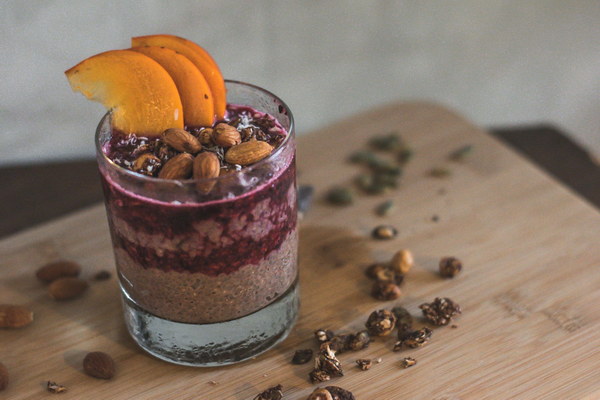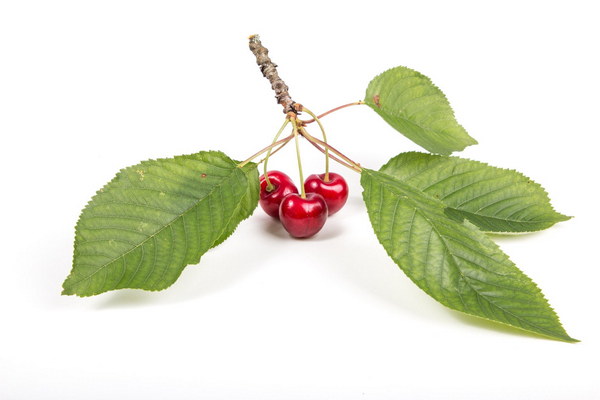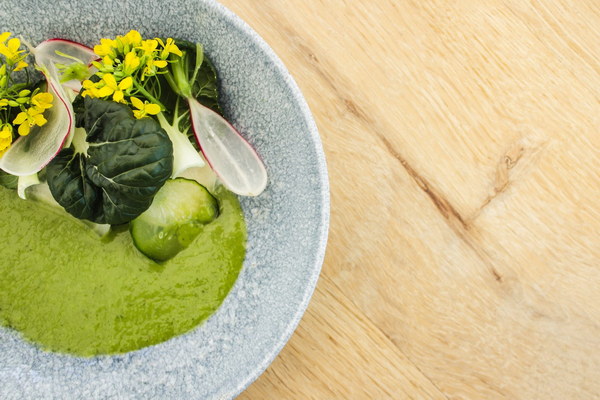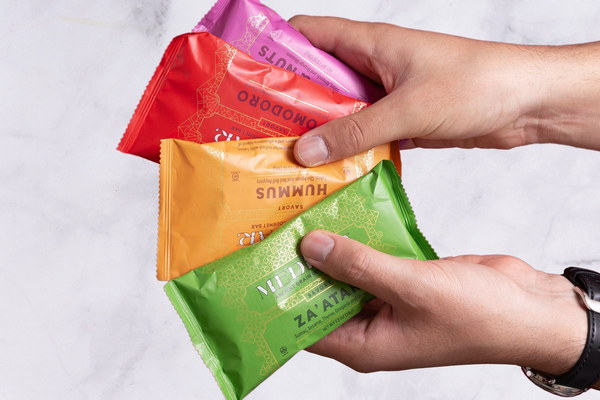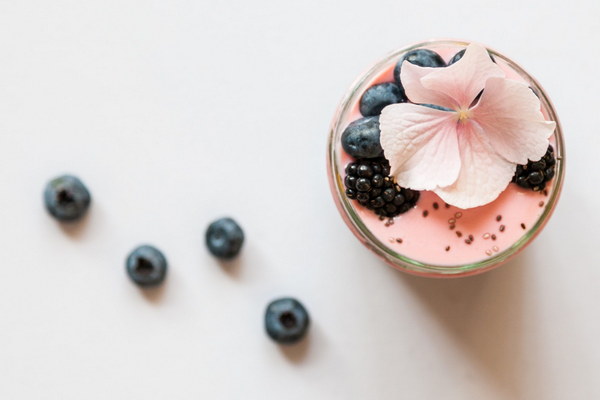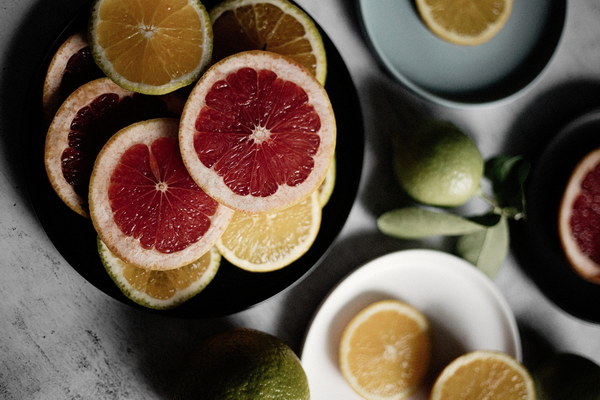Wetness Elimination vs Tea Which is More Effective
Introduction:
In the pursuit of health and wellness, many individuals seek natural remedies to combat excess moisture in the body, commonly known as dampness in traditional Chinese medicine. Two popular methods for tackling this issue are the elimination of wetness and the consumption of tea. This article aims to explore and compare the effectiveness of these two approaches in alleviating dampness and enhancing overall health.
I. Understanding Dampness:
Dampness is a concept rooted in traditional Chinese medicine, which posits that excess moisture in the body can lead to various health issues, such as fatigue, weight gain, and poor digestion. To combat dampness, it is essential to understand its causes and symptoms.
II. Wetness Elimination:
Wetness elimination, also known as dampness expulsion, is a therapeutic approach that focuses on removing excess moisture from the body. This method can be achieved through various means, including:
1. Diet: Incorporating foods with diuretic properties, such as asparagus, radishes, and carrots, can aid in the elimination of dampness.
2. Herbs and Supplements: Herbs like astragalus, codonopsis, and rehmannia are commonly used in traditional Chinese medicine to eliminate dampness.
3. Acupuncture and Massage: These alternative therapies can stimulate the body's natural processes to expel dampness.
III. Tea as a Remedy:
Tea has been consumed for centuries and is renowned for its numerous health benefits. Certain teas are believed to be particularly effective in eliminating dampness, such as:
1. Green Tea: Rich in antioxidants, green tea can help improve digestion and metabolism, aiding in the elimination of dampness.

2. Pu-erh Tea: This type of tea is known for its ability to aid in digestion and promote weight loss, making it an excellent choice for dampness elimination.
3. Chrysanthemum Tea: Chrysanthemum tea is believed to have a cooling effect on the body, which can help alleviate dampness-related symptoms.
IV. Comparing Wetness Elimination and Tea:
While both wetness elimination and tea can be effective in combating dampness, there are some key differences between the two methods:
1. Approach: Wetness elimination involves a more comprehensive approach, including diet, herbs, supplements, and alternative therapies. Tea, on the other hand, is a more straightforward method that focuses on the consumption of specific teas.
2. Speed: Wetness elimination may take longer to produce results, as it involves various aspects of lifestyle and health. Tea, particularly certain types like Pu-erh, can be more rapid in its effects.
3. Convenience: Tea is a more convenient option for those looking to incorporate a dampness-relieving remedy into their daily routine. Wetness elimination may require more effort and time investment.
4. Cost: The cost of wetness elimination can vary depending on the chosen methods, while tea is generally more affordable and accessible.
Conclusion:
In conclusion, both wetness elimination and tea can be effective in combating dampness. The choice between the two methods depends on individual preferences, lifestyle, and the severity of dampness-related symptoms. It is advisable to consult with a healthcare professional before embarking on any new treatment or therapy. Whether you opt for a comprehensive wetness elimination plan or simply enjoy a cup of tea, the key to success lies in consistency and moderation.

